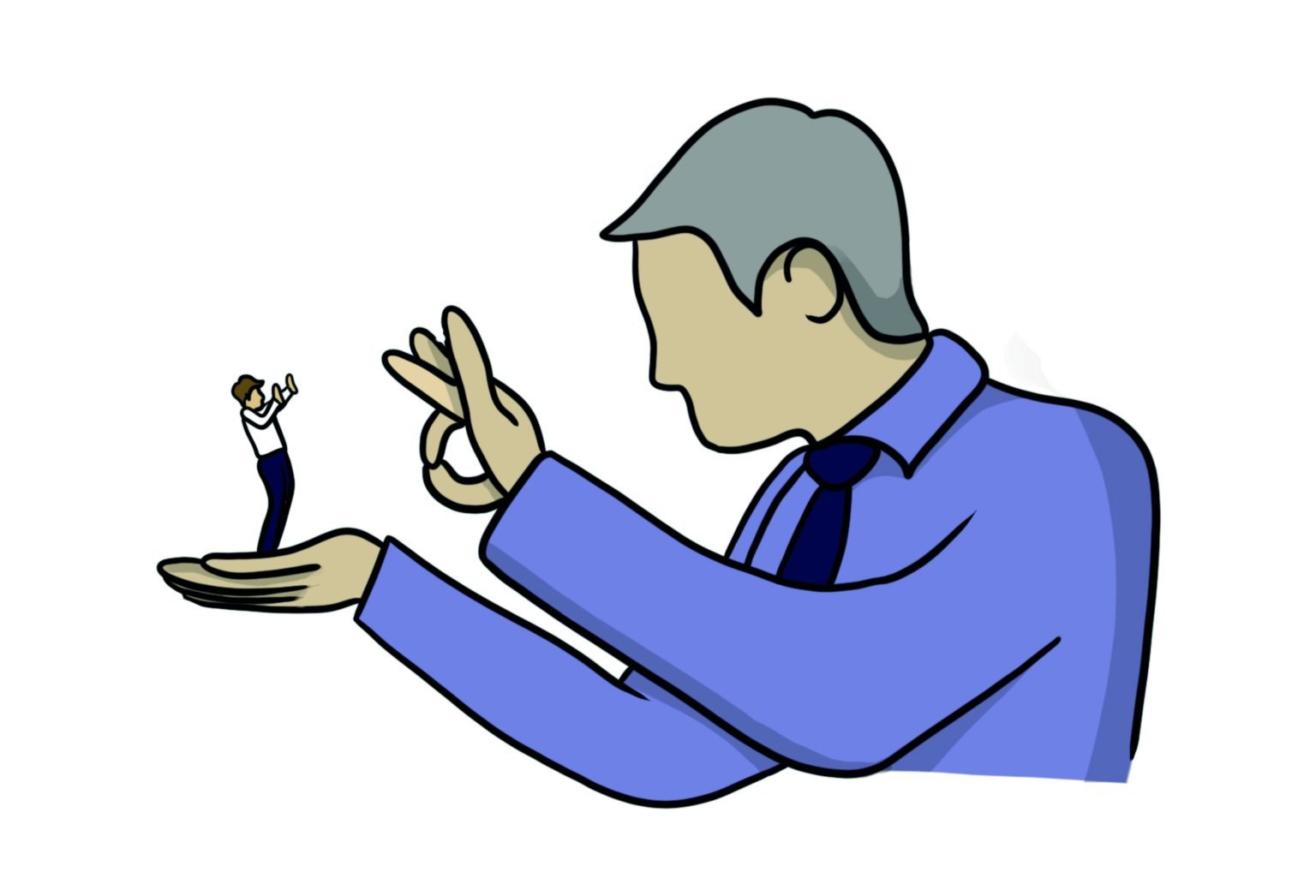RETALIATION (HARASSMENT & DISCRIMINATION)
Retaliation in the workplace refers to negative actions or behaviors taken by an employer or co-workers against an individual as a response to their participation in a protected activity or the exercise of their legal rights. Retaliation can occur in various forms and is often driven by a desire to punish, intimidate, or discourage employees from asserting their rights or reporting workplace misconduct. Examples of workplace retaliation may include: Adverse Employment Actions: Retaliation can involve negative employment actions such as demotion, termination, denial of promotions, reduction in pay or benefits, or undesirable reassignments. These actions are taken as a direct response to an employee’s protected activity or complaint. -Hostile Work Environment: Retaliation can create a hostile work environment through actions like isolation, exclusion, ostracism, humiliation, or spreading false rumors about an employee. These behaviors are intended to make the targeted individual feel uncomfortable, unwelcome, or intimidated in their work environment. -Increased Scrutiny: Retaliatory measures may involve subjecting the targeted employee to heightened scrutiny, excessive monitoring, or unrealistic performance expectations. This can create a stressful work environment and make it difficult for the employee to succeed or thrive in their role. -Verbal or Written Abuse: Retaliation can manifest as verbal abuse, insults, derogatory comments, or offensive language directed towards an employee who engaged in protected activity. Such behavior can undermine the employee’s confidence, self-esteem, and overall well-being. -Unfair Discipline: Retaliation may involve unjust or overly severe disciplinary actions, such as unwarranted write-ups, suspensions, or placing an employee on probation, all in response to their protected activity or complaint.
